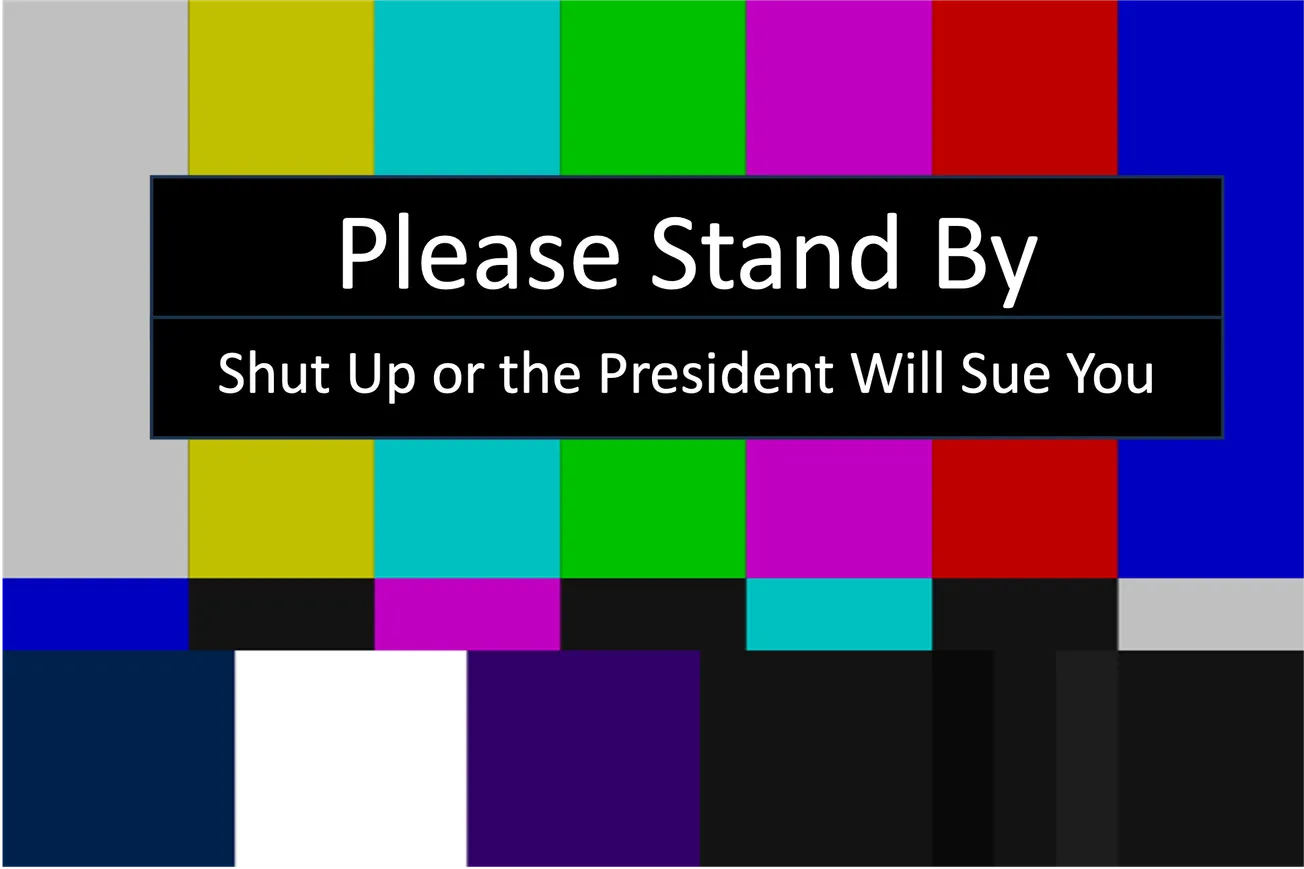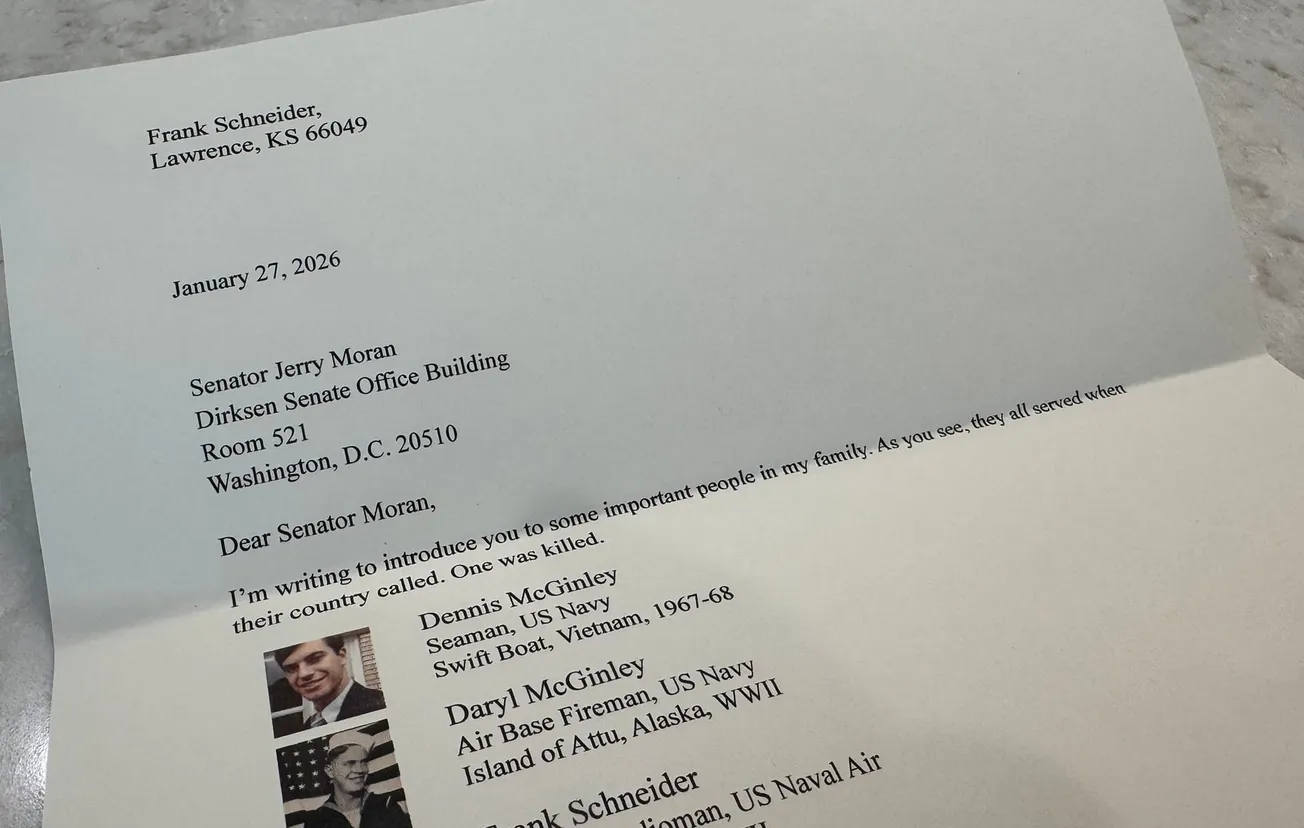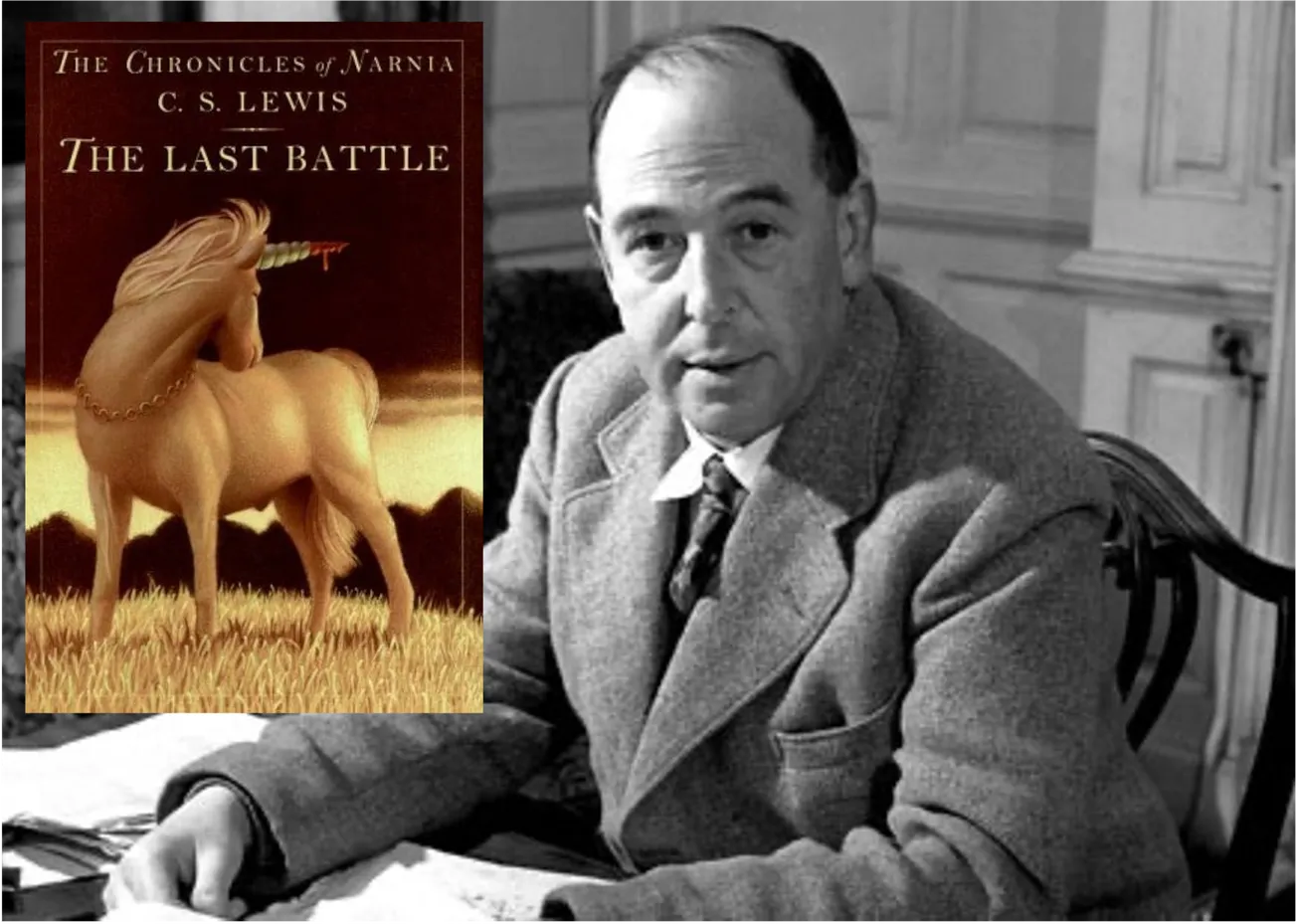Table of Contents
Given the vengeful atmosphere of this White House, virtually any institution, group or individual is at risk of intimidation or extortion. Law firms, universities and supine Republican lawmakers have submitted to Trump’s threat of payback (or pay-it-forward, because they might offend him in the future).
The list also includes, prominently, newspapers, radio and television news outlets. Trump sues them for defamation, a ludicrous legal maneuver because he is certain to lose should any of these cases ever get into court. In America, public figures (I think that includes the President) must prove that news outlets, even when publishing false or negative stories, acted with “actual malice” or “reckless disregard for the truth.” See New York Times v. Sullivan. It’s a steep climb to prove, one that makes the American press the freest in the world. Most politicians just ignore defamation because they almost always lose.
Trump, however, enjoys suing for defamation. He won't win in court but some defendants may settle before it gets there. He’s happy to collect a few million if he can get it, but a payoff of even greater value is intimidation, a warning to other news outlets to tow the line.
So now we have the case of ABC, who recently settled a defamation case with Trump for $15 million. Trump’s complaint was that on several occasions George Stephanopoulos described a New York jury’s verdict in the E. Jean Carroll case as “rape,” when technically it was “sexual abuse.” The judge, however, did call it rape, and so Stephanopoulos was perfectly within bounds to call it that.
On its own, ABC would have fought the lawsuit and won. It’s a news organization, and they have pride in their profession and their reporting. But there’s a wrinkle. ABC, like many elite news outlets, has a corporate owner, a small enterprise call Disney, and Disney does not want trouble with the administration. It’s bad for business, and so they paid.
The same for Paramount and its CBS News division. Trump was unhappy with alleged pro-Kamala coverage from CBS’ 60 Minutes during the election. Another specious case, but Trump enjoyed an unstated but very real leverage. Paramount was in talks with Sky Media on an $8 billion merger, which the FCC could block. Paramount first leaned on 60 Minutes to tone things down, leading to a protest resignation by the 60 Minutes producer, and an extraordinary commentary on the legacy of 60 Minutes and a free press by host Scott Pelli. In the end, Paramount also caved, and agreed to settle for $16 million to avoid a fight they certainly would win.
Trump is also suing the Des Moines Register for the impertinence of publishing a story, based on its normally wellk-regarded polling, that he was running behind Harris in Iowa in 2024. The Register later acknowledged it did get the story wrong because their pollster inadvertently used an old polling algorithm. So there is no evidence of malice or disregard of the truth. Yet he sues anyway. Why? To intimidate the Register and its owner, Gannett. The Register will win the case, and the administration surely knows this. Yet it persists so that others will pay attention, and some will adjust their coverage accordingly.
Then there is Jeff Bezos, who caved three times. First by instructing the Washington Post editorial board to not make an endorsement in the 2024 election; second by paying Trump $40 million for the rights to make a documentary about Melania, a film that will never be made, or if made, never seen; and third by backing down on a plan to publish the added cost of products sold on Amazon attributable to Trump’s tariffs. That would have been useful information for consumers and voters, except that the man who caused the price hikes didn’t like it. For Bezos, you just need to follow the money.
He’s a far cry from the Post’s legendary owner, Katherine Graham, who twice bet the company on principle when she first fought the Nixon Administration to publish the Pentagon Papers, and then when she continued to green-light the Post’s Watergate coverage. Bezos, who unlike Graham has virtually unlimited funds to fight back, chooses not to. Jeff Bezos is no Kate Graham.
These attacks on the press are simultaneously petty and treacherous, so blatant as they are in assaulting and undermining press freedom. In a small victory, the Associated Press went to court and won after the administration barred it from the White House. Its offense? It refused to call the Gulf of Mexico the Gulf of America. In a world where an American government can punish institutions and citizens who commit even the most benign of offenses, the right to call a body of water by its correct name is considered a win for press freedom.







